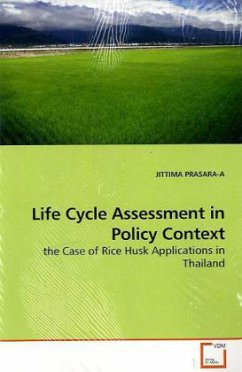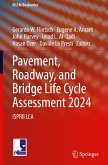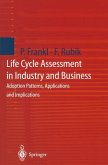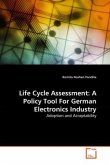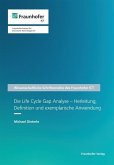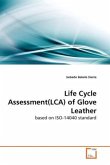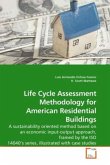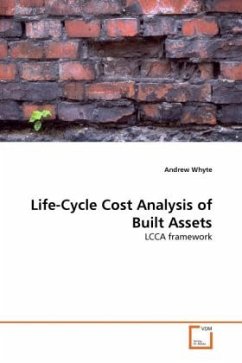Thailand is one of the largest rice producing nations in the world. Rice husk is a co-product of rice products generated in the rice milling process. The husk has traditionally been used as an energy source in the rice mills. More recently, the Thai government has promoted the use of biomass to substitute for fossil fuel. Therefore, rice husk, which is one of the main sources of biomass in Thailand, has already been used on a commercial scale. However, the environmental aspect of these rice husk applications has not yet been widely investigated. This work compares the environmental performances of different rice husk uses. The major current and potential rice husk uses examined in this work are those in electricity generation, in cement manufacture and in cellulosic ethanol production. Life Cycle Assessment (LCA) approach was used to assess the environmental impacts of the selected rice husk uses. This book provides discussion on how LCA results are reviewed in policy context. While the study focuses on Thailand, the LCA approach and the broad results will be useful in other situations, and of interest to policy makers and other stakeholders in government, industry and academia.
Bitte wählen Sie Ihr Anliegen aus.
Rechnungen
Retourenschein anfordern
Bestellstatus
Storno

